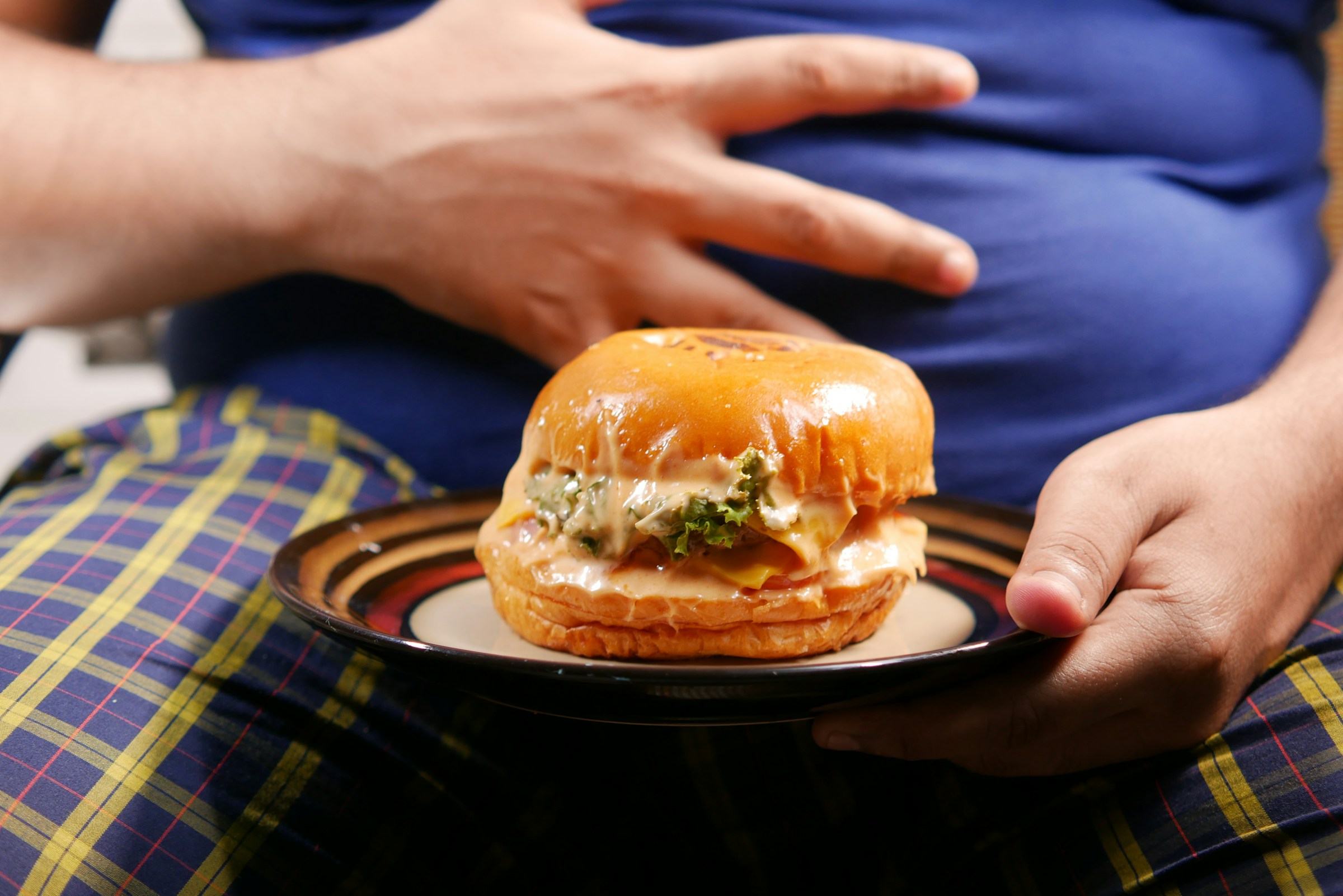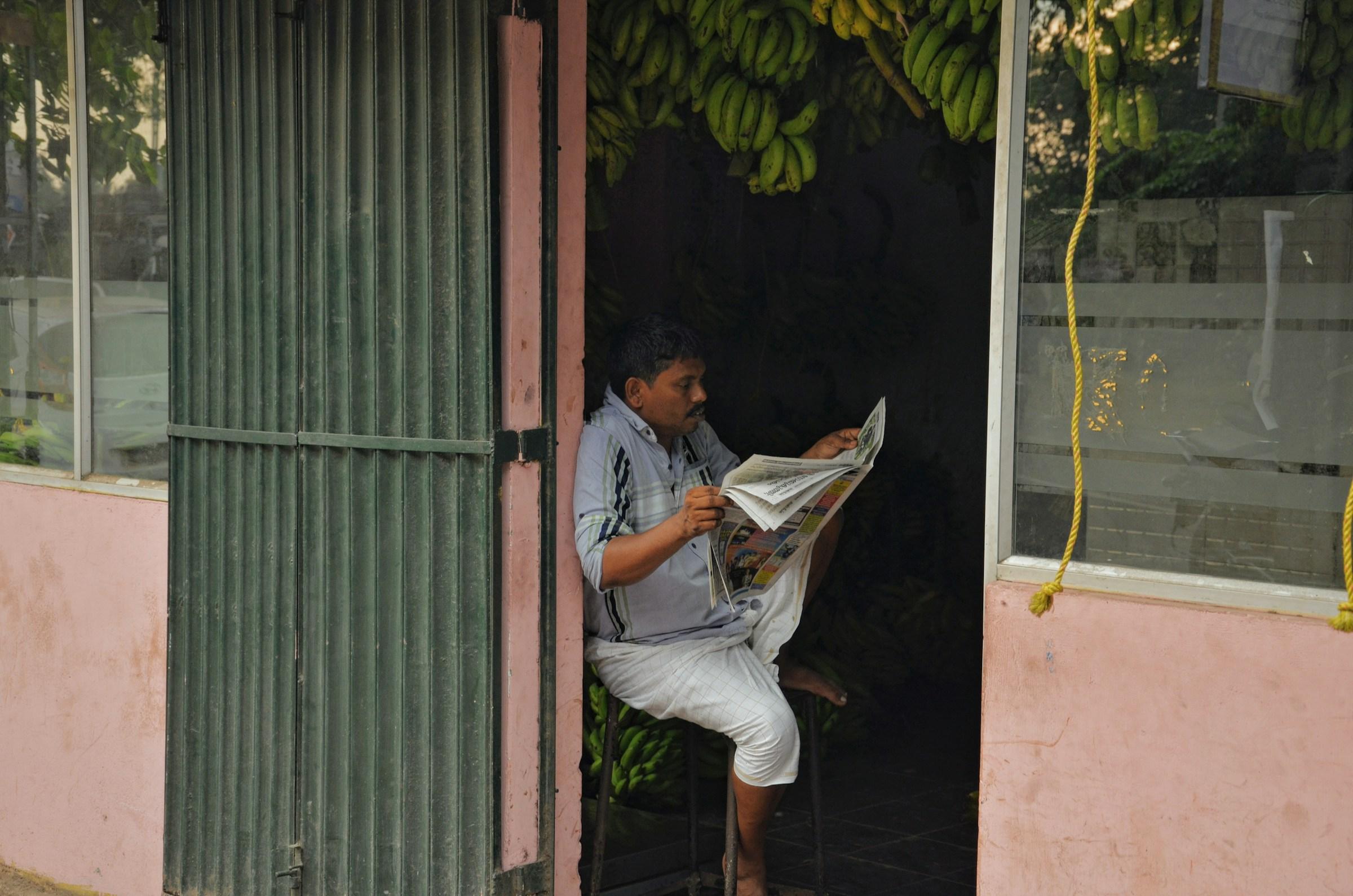We often blame dairy, bread, or whatever ingredient the algorithm has decided to villainize this week, but the quiet truth about bloating is less fashionable and more ordinary. For many of us, the culprit is not a single food. It is the way we eat. Speed, stress, and screens shape the rhythm of our meals, and that rhythm invites air where it does not belong. The stomach is not rebellious by nature. It is simply trying to keep time while we rush through a song.
Watch any weekday lunch and you will see how it happens. A fork hovers above a keyboard. A message pings and a bite lands before the reply is finished. Breath squeezes through the mouth because the sentence could not wait. Still water feels dull, so we choose something fizzy and pretty. A stick of gum appears as a concentration trick. By mid afternoon the waistband argues with the body, and the mood sinks without a clear reason. The mystery is not really a mystery. Swallowed air adds up, and a tense nervous system slows digestion. Pressure builds, and we call it bloat.
Modern rituals encourage this pattern. We drink from straws, gulp chilled coffees, sip sparkling water, and collect cans that hiss open with a tiny performance. We snack while talking, talk while chewing, and sometimes record voice notes with food still in our mouths. Each habit tucks a little air into the gut. None of these acts are sinful or dramatic. They are simply frequent, and frequency is the force that turns a small quirk into a daily discomfort.
Dinner has changed shape as well. What used to be a pause now reads like the last meeting of the day. Notifications glow on the counter. We chop fast and eat faster, minds still racing from unfinished work. We swallow quickly and forget to breathe slowly. That is how fullness begins to feel like pressure rather than satisfaction. The body is not punishing us. It is translating a frantic pace into a physical sensation that asks us to slow down.
Of course food choices matter. Certain carbohydrates ferment more, and some people are sensitive to them. FODMAP lists exist for a reason, and medical conditions deserve proper care. Yet in the absence of a diagnosed issue, many people are haunted less by ingredients and more by tempo. Stress changes motility. Caffeine jolts the system and then leaves it hanging. Snacking without pauses means the digestive tract never gets a quiet moment to reset. The day becomes a playlist with no silence between tracks, and the gut struggles to keep up.
Office culture amplifies the problem. Communal kitchens stock seltzers, sodas, and protein bars designed for convenience rather than calm. People eat standing up, talking in fragments, and laughing mid bite. Microwaved broccoli perfumes the air. The clock is the main character and every chew tries to keep pace. When discomfort arrives later, we search for a villain in the pantry instead of looking at the rhythm we kept all day.
There is also a status story in the background. Busyness still signals importance. Multitasking still feels like proof that we are needed. Eating slowly can look like leisure, a luxury reserved for someone else. The gut does not understand this story. It understands breath and movement and the steady grind of teeth turning food into something the body can welcome. When chewing races and breathing shifts to the mouth, the stomach becomes a small drum. We hear it later and blame the salad.
Social media sells a different solution. There are teas in pretty tins, capsules with pastel labels, and tutorials that promise a flatter stomach by sunset. The pitch is gentle and the promise is quick. What rarely trends is the unfashionable advice that costs nothing and offers no glow for the camera. Place the phone out of reach, chew until the texture changes, and close the mouth to breathe between bites. Stillness does not go viral, but it does help.
At home the performance continues. We eat with a show, react to plot twists with food still on the tongue, and pause episodes to take one more quick bite. The plate empties and the flavor barely registers. The body remembers the air. The pattern looks small when you describe it item by item, but habits do not act alone. They link arms. A straw here, a fizzy drink there, a rushed lunch, a tense call, a late dinner. By night, the stomach feels crowded by something that is not exactly food.
None of this requires a dramatic life overhaul. The most useful shifts are quiet and ordinary. Choose still water at lunch and save the bubbles for a moment you can savor. Put the message on hold until you have swallowed. Sit down for ten minutes and let the plate be the only task. If gum is a focus tool, try a short walk or a few slow breaths instead. These changes sound boring, which is why they rarely headline a wellness trend. Boredom, however, is often the state that allows the gut to do its job.
Stress sits at the center of this conversation. The enteric nervous system listens closely to our daily weather. When the mind lives in alerts, digestion acts like an alert too. Food lingers, air lingers, and pressure rises. Not every stressor can be removed, but we can create islands of calm around our meals. Think of them as boundaries that protect a basic human act from the noise of everything else. In a loud day, a quiet plate becomes a powerful signal.
You do not need to moralize any of this. Eating slowly does not make anyone more virtuous. It simply makes digestion less of a guessing game. The goal is not perfection. It is recognition. Notice what happens when lunch is a meal and not a meeting. Notice what happens when your drink does not sparkle. Notice how your body speaks when it finally has room.
After a week of gentle swaps, many people feel a shift. The afternoon loses its tightness. The mirror stops feeling like a negotiation. The energy returns to a natural curve instead of a set of spikes. The algorithm will still offer quick fixes, and there is nothing wrong with a soothing tea. But it is worth remembering that the most common cause of bloating for otherwise healthy people is often the air we invited in and the pace we demanded. The solution is not glamorous. It is as simple as letting the air stay where it belongs and giving the gut the tempo it prefers.
In the end, we are not asking for a new identity. We are asking for a pause. We are asking to treat meals as moments that deserve our attention, even if only for a brief window. When we match our eating to a human rhythm, the body responds with relief rather than protest. What we have been calling a mystery becomes a message. Slow down, breathe softly, and let the stomach keep the beat.














